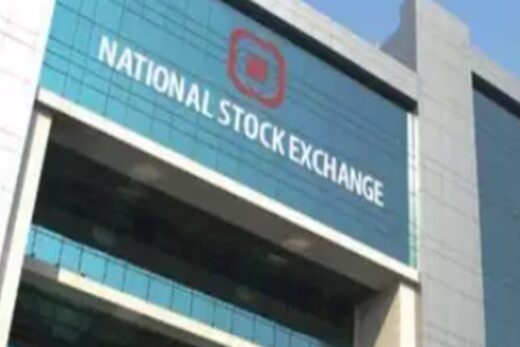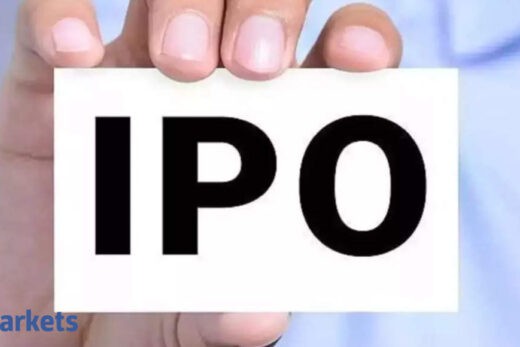MUMBAI: The valuation of food delivery major Zomato that’s going public through an IPO with an indicative market capitalization of around Rs 60,000 crore, has been a topic of much discussion on social media with many raising an eyebrow if it’s really worth that much.
People have mixed views. For some a tech-enabled company should be valued differently to a traditional company despite its losses. For some the IPO is a harvest opportunity for venture capital & private equity investors to offload their liability to retail investors, while some believe Indian food tech companies will reflect valuations earned by its global peers like DoorDash to a significant investor extent.
Zomato’s IPO is set to be open from July 14 to July 16 at a price band of Rs 72-76. The enhanced offer size is about Rs 9,375 crore.

Interestingly Zomato’s valuation at IPO, at about Rs 60,000 crore, is equivalent to the market value of all the quick service restaurants (QSRs) listed on Indian bourses. Its value is also more than the market value of all the listed hospitality chains operating in the country. This second list includes the behemoth like Indian Hotels that run the iconic Taj chain of hotels in India and abroad, and also Oberoi Hotels.
India has half a dozen listed quick service restaurants with a combined market value of Rs 60,712 crore and about 20 listed hospitality companies with an aggregate market capitalisation of Rs 44,000 crore.
Jubilant (which operates Domino’s Pizza India franchisee), Westlife (McDonald’s) and Indian Hotels (runs Qmin gourmet food ordering app) had introduced contactless delivery services after dining out culture got impacted following the coronavirus crisis. Jubilant, which said that over 90% of Domino’s deliveries are currently linked to online orders as compared to a few years ago, is the most valued QSR stock at Rs 41,007 crore, while Indian Hotels (Taj) is the most valued hospitality company at Rs 17,589 crore. Qmin, which Taj launched last July, is ramping up its coverage to 25 cities from 16 cities, Indian Hotels chairman N Chandrasekaran said at the company’s annual shareholder meeting held last month.
While the loss-making Zomato is seeking a rich valuation, uniquely it is a delivery partner as well as a competitor to QSRs and hospitality chains. It’s also facing some challenges from the pan-India body of individual restaurants.
Food service body (NRAI), which represents more than five lakh restaurants in the country, plans to launch its own food ordering app to take on Zomato and other food tech platforms, amid a growing dispute between them over discounting, data masking and other alleged unfair business practices.
Industrialist Harsh Goenka on Twitter said: can anyone explain to me- top 20 hotels including global Indian hotel brands – total market cap – Rs 44,000 crore. Top 6 QSR chains serving millions of consumers – total market cap- Rs 60,000 crore. Zomato – continuing huge losses. Hold my vadapav! Market cap – Rs 60,000 crore???
Replying to Goenka, Anurag Katriar, NRAI president said: Welcome to the new world where you can be termed “valuable” despite never making a penny of profit since your inception.
Former JP Morgan India director and partner of RippleWave Equity Advisors Mehul Savla said: Zomato cannot be compared with hospitality chains. “It straddles pure play QSR and technology driven disruption; an “in-between” space, which is evolving at a rapid pace, driven by changing consumption, lifestyle and convenience factors. Commensurately, the valuation approach also steers away from traditional parameters towards futuristic assumptions, almost like valuing “abstract art”. There is no defined formula to it,” said Savla.




